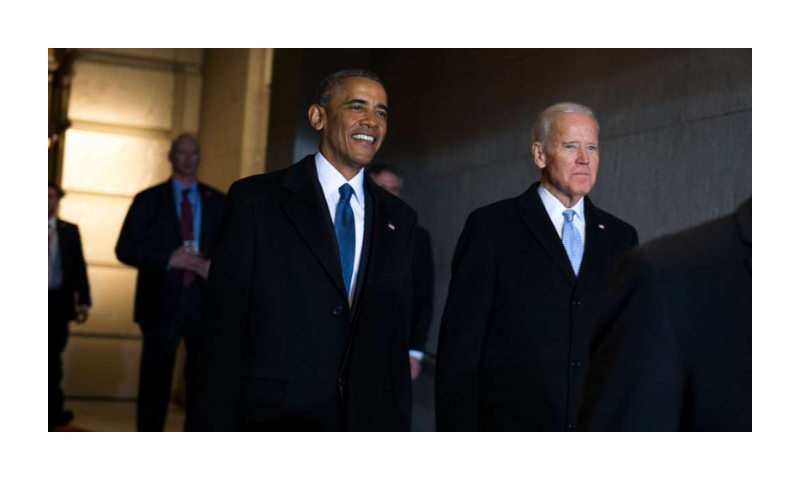Mark Dubowitz
Tablet, Jan. 9, 2023
“Obama’s big Iran play was neither ‘values-driven’ nor purely pragmatic.”
The eventual fall of the Islamic Republic of Iran will reveal the 2015 Iran nuclear agreement to have been one of the worst unforced strategic errors in the history of U.S. foreign policy. At home, the Islamic Republic is the enemy of perhaps 80% or more of its own people, who see it as a criminal entity that murders them in the streets. Abroad, the clerical regime sows further chaos and bloodshed, threatening the United States and its allies and earning the hatred of peoples across the Middle East. Locking the United States in a nearly decadelong embrace of a failing theocratic totalitarian state is a policy disaster of unrivaled proportions, driven by no apparent external necessity. So why is the Biden administration finding it so difficult to move on?
Oddly, or not, the answers—or nonanswers—to this mystery seem to reveal as much about the unique psyche of the American president at the time, Barack Obama, as they do about the decadelong policy debate on Iran that continues to consume Washington. Yet for some of his supporters and detractors, Obama was simply a practioner of fact-based geopolitics—even if the facts in the end were against him. In this view, Obama as president understood the Islamic Republic as posing a severe threat to American interests and forged a limited agreement to constrain a regime that would be even more dangerous with nuclear weapons. To these critics, he pursued the right goals, but was just remarkably bad at achieving them. A more experienced bargainer might have achieved a better deal.
Alternatively, to others, the explanation of what went wrong is rooted in the unique character and upbringing of the American leader himself. According to this reading, Obama’s choices were rooted in a personal distaste for Western imperialism and American power that was not shared by many of the deal’s supporters or its detractors. It was Obama’s own picture of the world, not any broader consensus view of how American power should be employed or conserved in the Middle East, that led him into a delusional engagement with anti-Western Sunni and Shiite actors, notably the Muslim Brotherhood and the Islamic Republic, and into a strategic realignment that strengthened these American adversaries against America’s traditional allies, notably Saudi Arabia and Israel. … [To read the full article, click here]
________________________________________________________


